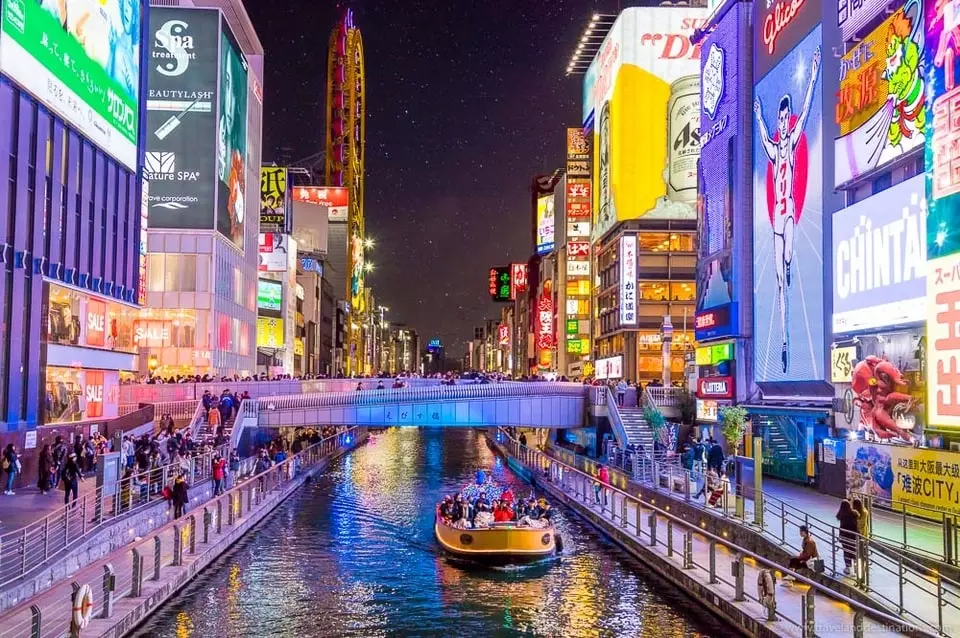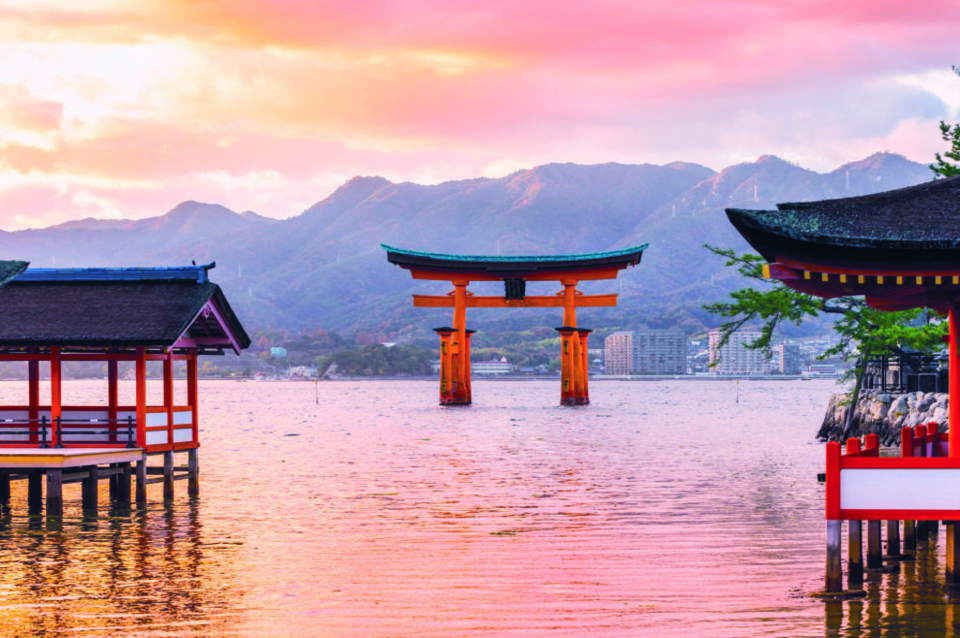 The focus of the Japanese Government’s willingness to expand the local gambling sector by the opening of its first casino in Osaka is set to put an end to decades of tough stance over gambling, especially when it comes to the authorities’ disapproval of slot machines and poker tables.
The focus of the Japanese Government’s willingness to expand the local gambling sector by the opening of its first casino in Osaka is set to put an end to decades of tough stance over gambling, especially when it comes to the authorities’ disapproval of slot machines and poker tables.
Recently, there was little to suggest that the human-made island of Yumeshima, also known as the “Dream Island”, could become the site of an unprecedented gambling expansion by the end of the decade. According to some, the island looks more like an ongoing construction site rather than the possible location of one of the three casino licenses that are set to be granted by the third-largest economy on a global scale.
Several years ago, the Japanese Government officially legalized casino gambling in the country but the process that is supposed to bring the new form of gambling to Japan is moving slowly. Now, the city of Osaka is competing with Wakayama and Nagoya to become the home of the first integrated casino resort in the country – a large complex of gambling and entertainment facilities, hotels, as well as conference and meeting spaces worth about ¥1 trillion.
According to experts, the city of Osaka is currently the frontrunner in the competition, especially after the local assembly has recently given the green light to a bid that has until April 28th to be sent to the Central Government.
Japan Is a Nation of Avid Gamblers Although Long-Time Casino Ban
 Ichiro Matsui, the mayor of Osaka, believes he has an ally in the country’s Prime Minister Fumio Kishida, who believes that integrated casino resorts (IRs) were crucial to the country’s efforts to become a popular tourism nation. Kishida’s support, however, has not prevented Matsui and the rest of his allies from facing criticism from various citizens’ groups that shared their concern about the cost of turning the man-made island of Yumeshima into a gambling destination. According to opponents of the proposed gambling expansion, a casino could become a magnet for organized crime and could also result in a sharp increase in problem gambling rates.
Ichiro Matsui, the mayor of Osaka, believes he has an ally in the country’s Prime Minister Fumio Kishida, who believes that integrated casino resorts (IRs) were crucial to the country’s efforts to become a popular tourism nation. Kishida’s support, however, has not prevented Matsui and the rest of his allies from facing criticism from various citizens’ groups that shared their concern about the cost of turning the man-made island of Yumeshima into a gambling destination. According to opponents of the proposed gambling expansion, a casino could become a magnet for organized crime and could also result in a sharp increase in problem gambling rates.
More than 100 petitions have been so far sent to the Osaka Assembly, demanding that the casino expansion is turned down or at least put to a referendum. Although this anti-casino movement has so far been resisted, the casino opponents have continued to push against the plans of Osaka authorities to turn the city into the home of the nation’s first casino.
On the other hand, foreign gambling companies have spent years lobbying for such an expansion in Japan, claiming that the local market could actually generate massive profits. According to analysts, the local casino market could generate $20 billion on an annual basis, if the Government fulfills its plan and all three casinos are built.
Although casino gambling had long been banned in the country, Japan is still a nation of avid gamblers. The Japan Productivity Center has published a leisure white paper, according to which local people love betting on horse races, motorcycle racing, speedboat racing and keirin bicycle racing, with these activities generating billions of dollars every year, while other forms of gambling such as pachinko, generated ¥14.6 trillion in sales in 2020.
Unfortunately, the fascination of Japanese people takes its toll. A 2017 Health Ministry-commissioned study found that about 3.6% of the adult population of Japan – or approximately 3.2 million people – were categorized as problem gamblers. The game of pachinko is considered responsible for the high rate of addiction among local people.